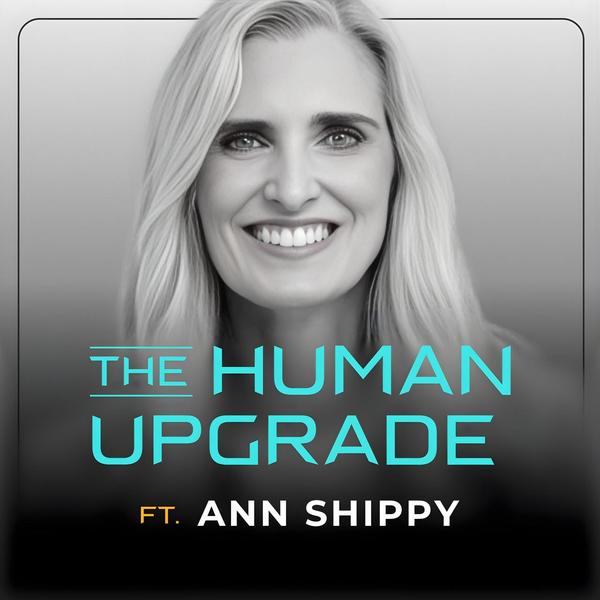Peter’s takeaways on aerobic exercise and VO2 max, insulin resistance, rising healthcare costs, treating children with autism and ADHD, and strength training | Quarterly Podcast Summary #4
Peter Attia
Mar 3, 2025
Mindsip insights from this episode:
Leverage high VO2 max for weight management
Having a high VO2 max relative to your power output (PVO2max) suggests metabolic inefficiency, which may be associated with a lesser propensity to gain weight.
Enhance VO2 max with beetroot concentrate
For amateur athletes, beetroot concentrate can provide about a 5% boost in VO2 max by converting nitrates into nitric oxide, which improves vasodilation.
Incorporate breath holds to enhance VO2 max test performance
As you approach failure during a VO2 max test, doing a few breath holds can produce a significant boost in your final score through a reactive overconsumption of oxygen.
Weigh pain relief against heat dissipation when using Tylenol
While acetaminophen (Tylenol) can boost endurance performance by reducing pain, it may be a poor trade-off as it can impair an athlete's ability to dissipate heat.
Double carbohydrate intake to enhance endurance performance
World-class endurance athletes now consume up to 240 grams of carbohydrates per hour by training their GI system to tolerate a 12% mixture, effectively doubling the fuel intake previously thought possible.
Implement multi-stage warmup for accurate VO2 max testing
An accurate VO2 max test requires a specific multi-stage warmup, as simply getting on a treadmill and cranking it up can produce garbage results.
Pace VO2 max intervals to maintain power throughout
When doing a 3-8 minute VO2 max interval, the pain should build gradually, with only the last minute feeling miserable, allowing you to preserve power across all intervals.
More from
Peter Attia
AMA #78: Longevity interventions, exercise, diagnostic screening, and managing high apoB, hypertension, metabolic health, and more
Ketogenic diet, ketosis & hyperbaric oxygen: metabolic therapies for weight loss, cognition, Alzheimer's & more | Dom D'Agostino, Ph.D.
The evolutionary biology of testosterone: how it shapes male development and sex-based behavioral differences, | Carole Hooven, Ph.D.
The impact of gratitude, serving others, embracing mortality, and living intentionally | Walter Green (#288 rebroadcast)
Thyroid function and hypothyroidism: why current diagnosis and treatment fall short for many, and how new approaches are transforming care | Antonio Bianco, M.D., Ph.D.
You also might be interested in
Dr. Casey Means: Eat like THIS to reduce your Risk of Metabolic Disease!
Biohacking Fertility for Men and Women at Any Age
Improve Energy & Longevity by Optimizing Mitochondria | Dr. Martin Picard
Dr. Casey Means: Stop Ignoring Your Health — Do These 5 Free Tests!
The Untold Science Of Vibration Therapy & The “BioDrive” Breakthrough That Regulates Your Mind and Body, With Dr. Mike North












